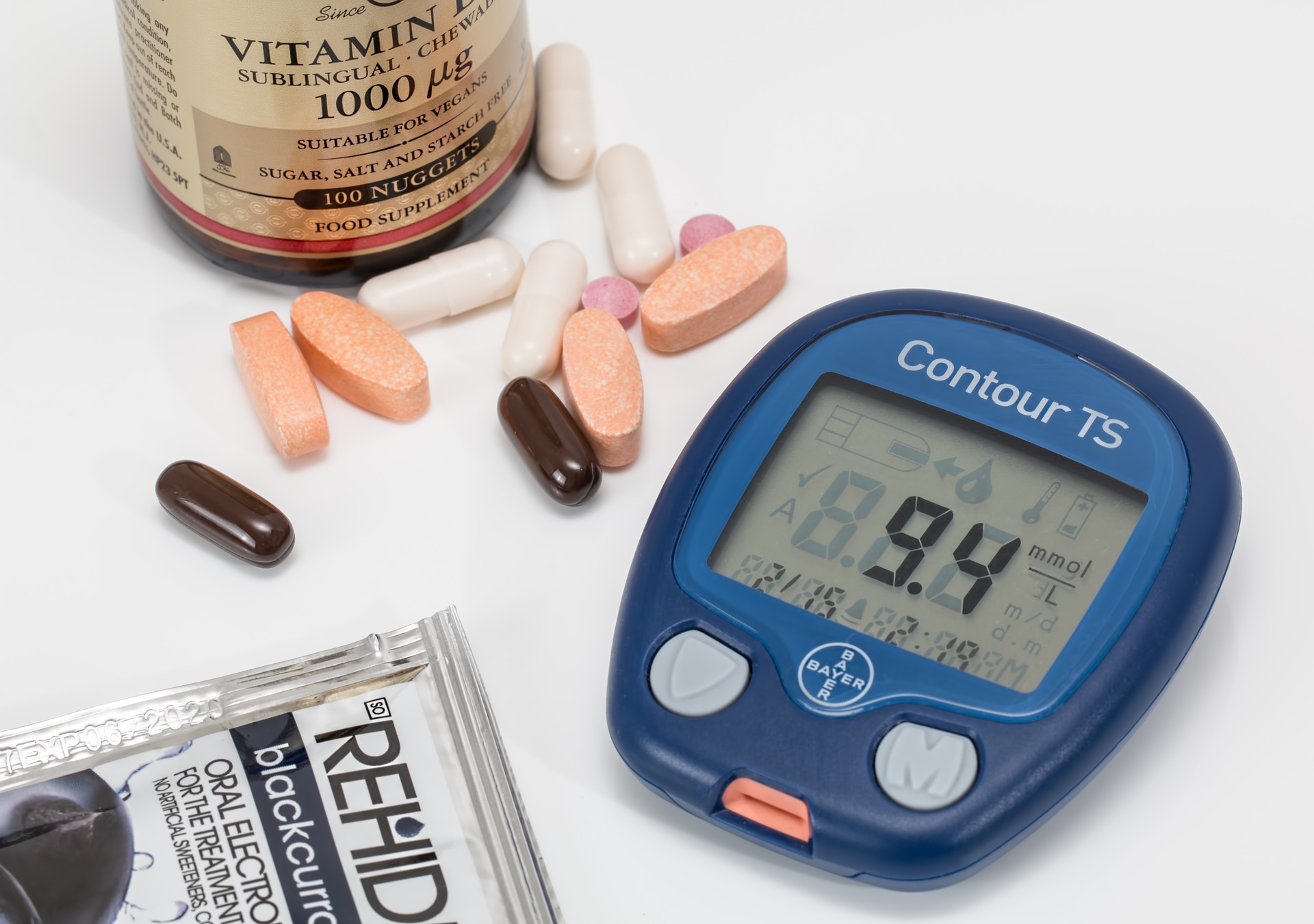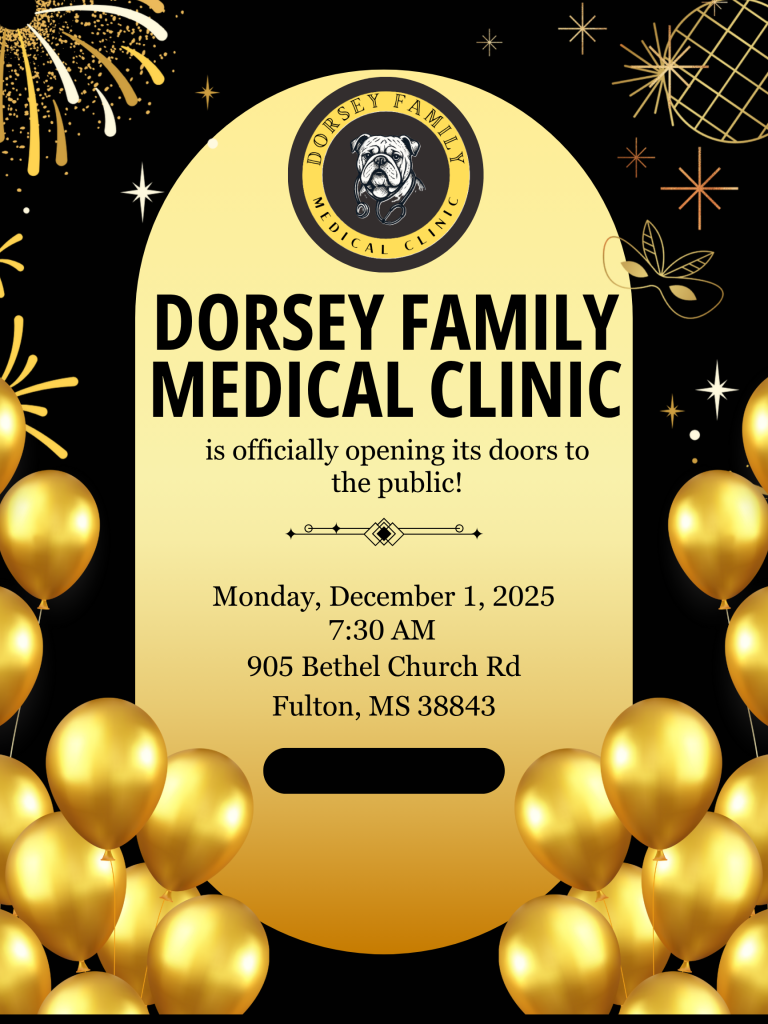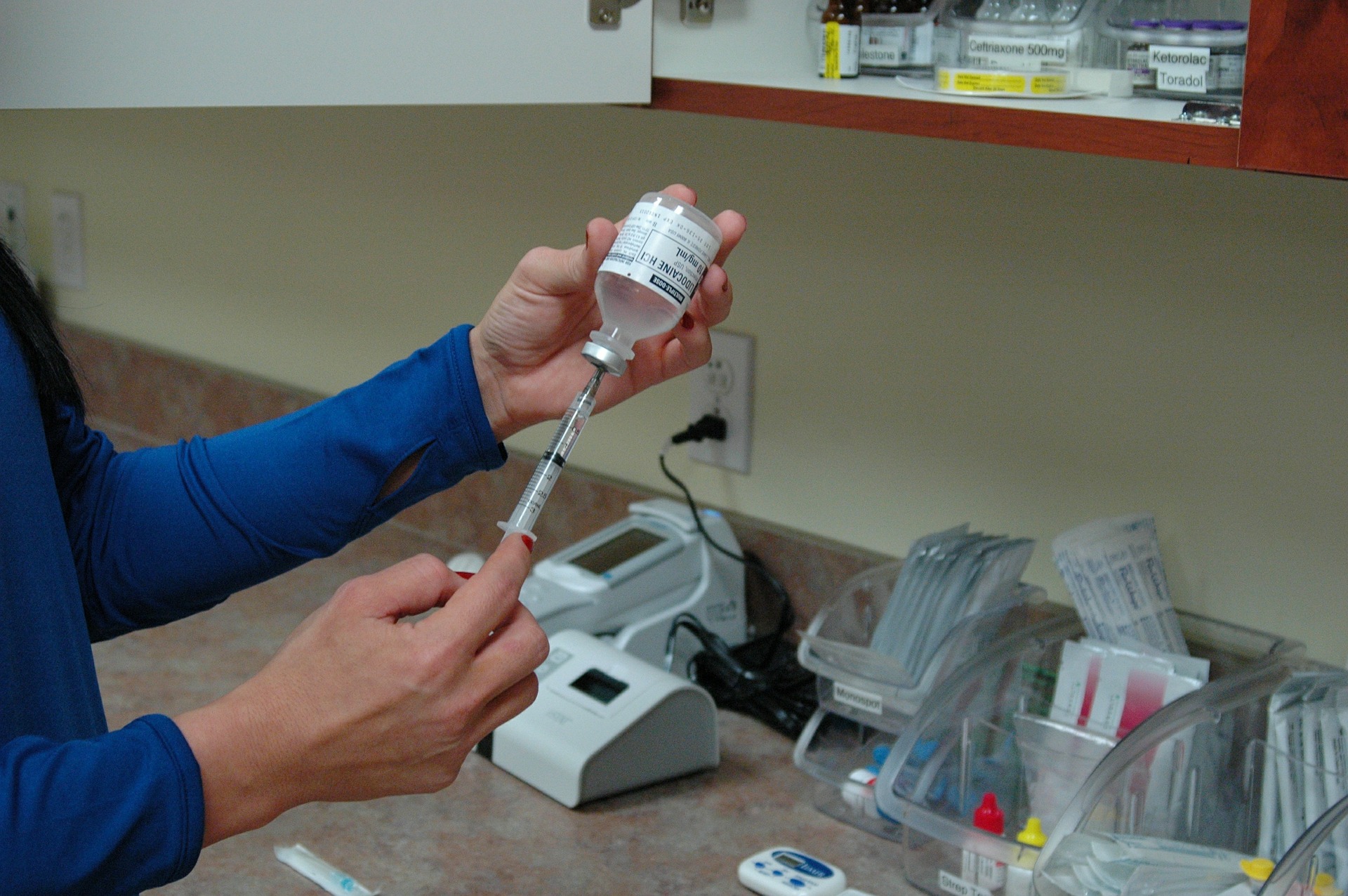 If you have diabetes (Type 1 or Type 2,) now is the best time to talk to your health care provider about preventing and treating the flu. The flu can make chronic health problems like diabetes worse because diabetes can make the immune system less capable of fighting illness.
If you have diabetes (Type 1 or Type 2,) now is the best time to talk to your health care provider about preventing and treating the flu. The flu can make chronic health problems like diabetes worse because diabetes can make the immune system less capable of fighting illness.
The Flu Can Affect Blood Sugar
Illness can also have an adverse effect on blood sugar levels. While the flu may raise your blood sugar, if you don’t feel like eating when you’re sick your blood sugar can drop.
If you have diabetes, you are three times more likely to be hospitalized from the flu and its complications. Pneumonia, bronchitis, sinus infections and ear infections are examples of flu-related complications. Since the flu is highly contagious it’s important to ensure everyone around you has had the flu shot.
Fortunately, you can protect yourself and prevent the flu. The first thing you should do is receive the influenza vaccine. The flu shot is the single best way to protect yourself against the flu.
If you start experiencing symptoms of the flu, you need to see your healthcare provider right away. Your healthcare provider may be able to prescribe antiviral medications to help you fight the flu or at least a decongestant to help fight the symptoms.
Call Your Healthcare Provider
Call your healthcare provider or go to an emergency room if any of the following happen to you:
- You feel too sick to eat normally and are unable to keep down food for more than 6 hours.
- You’re having severe diarrhea.
- You lose 5 pounds or more.
- Your temperature is over 101 degrees F.
- Your blood glucose is lower than 60 mg/dL or remains over 250 mg/dL on 2 checks.
- You have moderate or large amounts of ketones in your urine.
- You’re having trouble breathing.
- You feel sleepy or can’t think clearly.
If you have diabetes and are diagnosed with the flu, you need to take extra steps to avoid complications. Follow these sick day guidelines developed by CDC.
Sick Day Guidelines for People with Diabetes
If you have diabetes, even if your blood sugar is in control, and are sick with a flu-like illness, you should follow these additional steps.
- Be sure to continue taking your diabetes pills or insulin. Don’t stop taking them even if you can’t eat. Your health care provider may even advise you to take more insulin during sickness.
- Test your blood glucose every four hours, and keep track of the results.
- Drink extra (calorie-free) liquids, and try to eat as you normally would. If you can’t, try to have soft foods and liquids containing the equivalent amount of carbohydrates that you usually consume.
- Weigh yourself every day. Losing weight without trying is a sign of high blood glucose.
- Check your temperature every morning and evening. A fever may be a sign of infection.
MRHC is dedicated to providing our patients with the highest level of compassionate, personal and trustworthy medical care in a warm and welcoming environment. If you’re experiencing flu like symptoms, call 662-282-4226 to schedule an appointment.
The flu has been spreading like wildfire through Northeast Mississippi! Please be considerate of others in the office and wear a surgical mask during your visit to prevent spreading germs.

 When we hear the words “colon cancer,” most of us think about people in their late 50’s and 60’s. Well, new cases of
When we hear the words “colon cancer,” most of us think about people in their late 50’s and 60’s. Well, new cases of When we think vaccinations, the first thing that comes to most people’s minds is either chubby little babies or kindergarteners excited for school. Little do most people know that adults need vaccinations too.
When we think vaccinations, the first thing that comes to most people’s minds is either chubby little babies or kindergarteners excited for school. Little do most people know that adults need vaccinations too.

